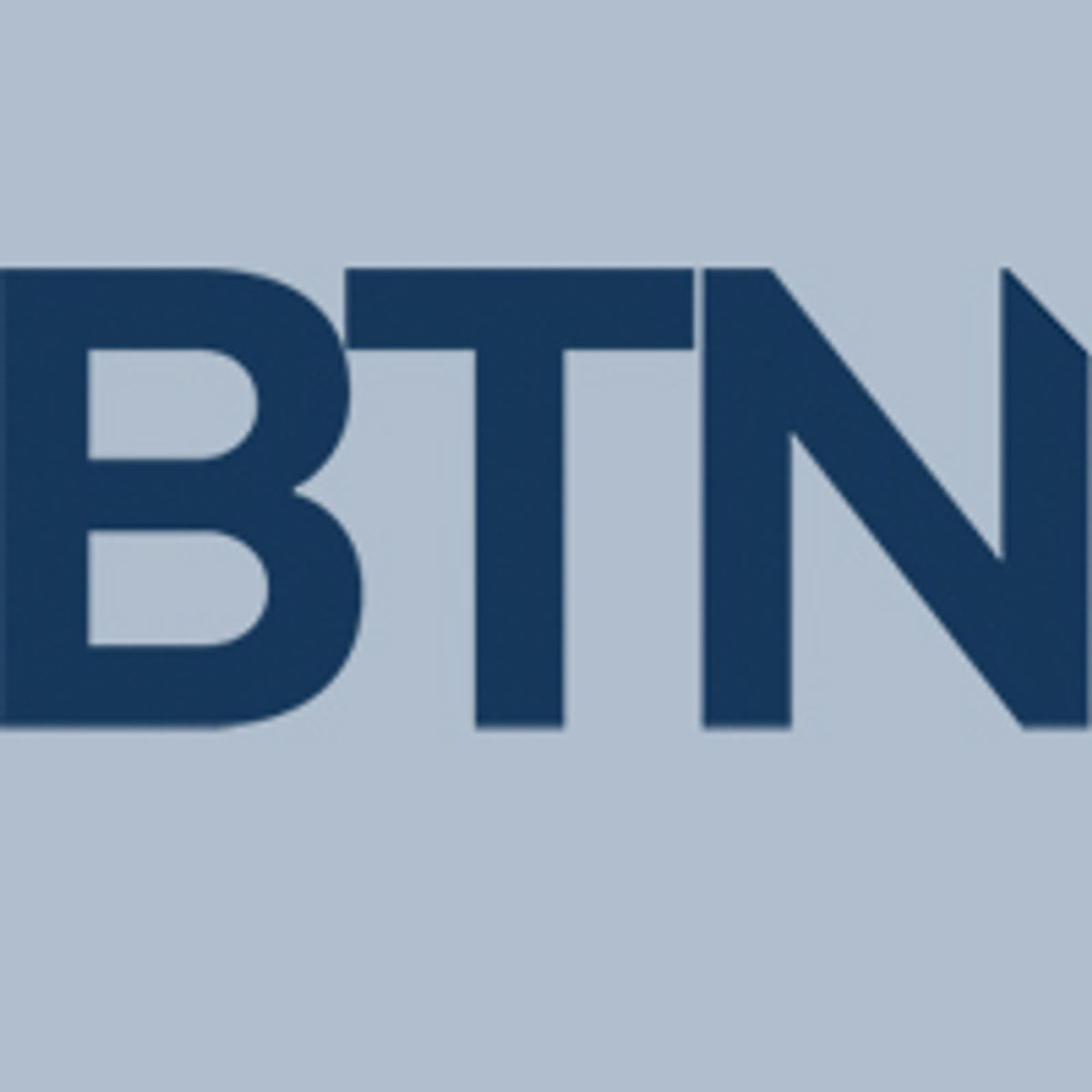Center Survey Shows Manual Expense Reporting Still Prevalent but Shrinking
A survey of more than 300 accounting and finance professionals showed about one-third use some combination of manual processes, such as spreadsheets or paper, for expense reporting—a significant drop from a similar survey two years ago.

Small and midsized companies have invested in their expense management processes over the past year, though a significant percentage continue to use manual process in managing expenses, according to Center's annual Expense Management Trends survey.
The survey of more than 300 accounting and finance professionals showed that about of third use some combination of manual processes, such as spreadsheets or paper, for expense reporting. That includes 38 percent of "large" companies, which Center—a corporate card and expense platform that focuses on the SME market—defined as one with 1,000 or more employees. While still a substantial percentage, it marks a "sizeable" drop from the 2021 survey, in which 48 percent of total companies and 60 percent of large companies reported employing manual expense processes, according to Center.
Automated expense reporting was more common among mid-sized companies in the survey—defined as those with between 100 and 1,000 employees—with only a quarter saying they used spreadsheets or other manual processes. Of those in the upper size range of that set, between 500 and 1,000 employees, only 16 percent said they used manual processes, the survey indicated.
The survey also indicated the businesses have increased corporate card distribution, particularly as they move to more hybrid or remote working situations, according to Center. More than half of respondents said they are issuing more corporate cards now than three years ago, though some still do not issue corporate cards at all. That includes 48 percent of small companies—defined as under 100 employees—14 percent of midsized companies and 23 percent of large companies.
T&E policies were an issue for most companies in the survey, with 58 percent saying their policies were either outdated on nonexistent. Additionally, 44 percent said they did not use corporate booking tools in their program, with the most frequently cited reason being lack of knowledge of available tools.
About half of the companies in the survey said they expect their business travel spending levels to increase over the next one to three years. "This finding makes intuitive sense as companies continue to adjust to hybrid workforces and travel as a necessity to keep teams connected and productive," according to the report.

 JaneWalter
JaneWalter 






























